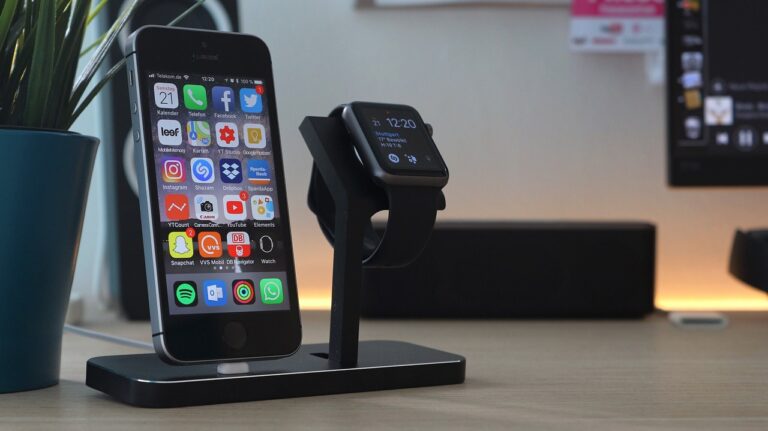Mobile App Development for Retail: Key Trends and Strategies: 11x play online, Reddy bet, Golden777
11x play online, reddy bet, golden777: Mobile app development for retail has been revolutionizing the way businesses interact with their customers. With the increasing adoption of smartphones and the convenience they offer, it’s no surprise that retailers are turning to mobile apps to enhance their customer experience.
In this article, we will explore some key trends and strategies in mobile app development for retail that can help businesses stay ahead of the curve and drive growth in the digital age.
Personalization is key
One of the most significant trends in mobile app development for retail is personalization. Customers are looking for personalized experiences that cater to their preferences and needs. By collecting data on customer behavior and purchasing patterns, retailers can create tailored experiences through their mobile apps. Personalized recommendations, exclusive discounts, and targeted promotions are just some ways retailers can use personalization to drive customer engagement and loyalty.
Enhanced mobile payment options
Another crucial trend in mobile app development for retail is the integration of enhanced mobile payment options. With the rise of mobile wallets and contactless payments, customers are expecting fast, secure, and convenient payment methods. Retailers can integrate various payment options into their mobile apps, such as Apple Pay, Google Pay, and PayPal, to streamline the checkout process and provide a seamless shopping experience for customers.
Augmented reality and virtual fitting rooms
Augmented reality (AR) and virtual fitting rooms are emerging trends in mobile app development for retail that are transforming the way customers shop online. By leveraging AR technology, retailers can enable customers to visualize products in their physical space before making a purchase. Virtual fitting rooms allow customers to try on clothing and accessories digitally, providing a more immersive and interactive shopping experience.
Omnichannel integration
Omnichannel integration is a strategy that retailers are increasingly adopting to provide a seamless shopping experience across multiple channels, including mobile apps, websites, and physical stores. By integrating their mobile app with other channels, retailers can enable customers to start their shopping journey on one platform and continue it on another, ensuring a consistent experience throughout.
Social commerce and influencer marketing
Social commerce and influencer marketing are becoming integral components of mobile app development for retail. By integrating social media platforms into their mobile apps, retailers can leverage the power of social networking to drive sales and engage with customers. Influencer marketing involves collaborating with social media influencers to promote products and services, increasing brand visibility and credibility among their followers.
AI-powered chatbots and customer service
AI-powered chatbots and customer service are essential trends in mobile app development for retail that can enhance customer support and engagement. By integrating chatbots into their mobile apps, retailers can provide 24/7 customer assistance, answer queries, and resolve issues in real-time. AI technology enables chatbots to learn from customer interactions and provide personalized recommendations, improving the overall shopping experience.
In conclusion, mobile app development for retail is an ever-evolving landscape that offers endless opportunities for businesses to engage with customers and drive growth. By incorporating key trends and strategies such as personalization, enhanced mobile payment options, augmented reality, omnichannel integration, social commerce, and AI-powered chatbots, retailers can create innovative and seamless shopping experiences that set them apart from the competition.
FAQs
Q: How can retailers leverage personalized recommendations in their mobile apps?
A: Retailers can use data analytics to track customer behavior and preferences, enabling them to offer personalized product recommendations based on their browsing history and purchase patterns.
Q: What are the benefits of integrating social commerce into a mobile app?
A: Integrating social commerce into a mobile app allows retailers to leverage social media platforms to drive sales, increase brand visibility, and engage with customers in a more personalized and interactive way.
Q: How can AI-powered chatbots enhance customer service in a retail mobile app?
A: AI-powered chatbots can provide 24/7 customer assistance, answer queries, and resolve issues in real-time, improving customer satisfaction and engagement with the brand.







